“Radhakrishnan” redirects here. For other people with this name, see Radhakrishnan (name).
In this Telugu name, the surname is Sarvepalli.
Sarvepalli Radhakrishnan OM (pronunciationi; 5 September 1888 – 17 April 1975; natively Radhakrishnayya) was an Indian politician, philosopher, and statesman who served as the second president of India from 1962 to 1967. He previously served as the first vice president of India from 1952 to 1962. He was the second ambassador of India to the Soviet Union from 1949 to 1952. He was also the fourth vice-chancellor of Banaras Hindu University from 1939 to 1948 and the second vice-chancellor of Andhra University from 1931 to 1936. Radhakrishnan is considered one of the most influential and distinguished 20th century scholars of comparative religion and philosophy, he held the King George V Chair of Mental and Moral Science at the University of Calcutta from 1921 to 1932 and Spalding Chair of Eastern Religion and Ethics at University of Oxford from 1936 to 1952.
Radhakrishnan’s philosophy was grounded in Advaita Vedanta, reinterpreting this tradition for a contemporary understanding. He defended Hinduism against what he called “uninformed Western criticism”, contributing to the formation of contemporary Hindu identity. He has been influential in shaping the understanding of Hinduism, in both India and the west, and earned a reputation as a bridge-builder between India and the West.
Radhakrishnan was awarded several high awards during his life, including a knighthood in 1931, the Bharat Ratna, the highest civilian award in India, in 1954, and honorary membership of the British Royal Order of Merit in 1963. He was also one of the founders of Helpage India, a non profit organisation for elderly underprivileged in India. Radhakrishnan believed that “teachers should be the best minds in the country”. Since 1962, his birthday has been celebrated in India as Teachers’ Day on 5 September every year.
Biography
Early life
Radhakrishnan was born as Sarvepalli Radhakrishnayya into a Telugu-speaking family of Sarvepalli Veeraswami and Sithamma. He was the second born of three siblings. in Tiruttani of North Arcot district in the erstwhile Madras Presidency (now in Tiruvallur district of Tamil Nadu).His family hails from Sarvepalli village in Nellore district of Andhra Pradesh. His early years were spent in Thiruttani and Tirupati. His father was a subordinate revenue official in the service of a local Zamindar (local landlord). His primary education was at K. V. High School at Thiruttani. In 1896 he moved to the Hermansburg Evangelical Lutheran Mission School in Tirupati and Government High Secondary School, Walajapet.
Education
Indian President Sarvepalli Radhakrishnan with US President John F. Kennedy in the Oval Office, 1963
Radhakrishnan was awarded scholarships throughout his academic life. He joined Voorhees College in Vellore for his high school education. After his F.A. (First of Arts) class, he joined the Madras Christian College (affiliated to the University of Madras) at the age of 16. He graduated from there in 1907, and also finished his Masters from the same college.
Radhakrishnan studied philosophy by chance rather than choice. Being a financially constrained student, when a cousin who graduated from the same college passed on his philosophy textbooks to Radhakrishnan, it automatically decided his academics course.
Sarvepalli wrote his bachelor’s degree thesis on “The Ethics of the Vedanta and its Metaphysical Presuppositions”. It “was intended to be a reply to the charge that the Vedanta system had no room for ethics.” Two of his professors, Rev. William Meston and Dr. Alfred George Hogg, commended Radhakrishnan’s dissertation. Radhakrishnan’s thesis was published when he was only twenty. According to Radhakrishnan himself, the criticism of Hogg and other Christian teachers of Indian culture “disturbed my faith and shook the traditional props on which I leaned.”Radhakrishnan himself describes how, as a student,
The challenge of Christian critics impelled me to make a study of Hinduism and find out what is living and what is dead in it. My pride as a Hindu, roused by the enterprise and eloquence of Swami Vivekananda, was deeply hurt by the treatment accorded to Hinduism in missionary institutions.
This led him to his critical study of Indian philosophy and religion and a lifelong defence of Hinduism against “uninformed Western criticism”.At the same time, Radhakrishnan commended Professor Hogg as ‘My distinguished teacher,’and as “one of the greatest Christian thinkers we had in India.’ Besides, Professor William Skinner, who was acting Principal of the College, gave a testimonial saying “he is one of the best men we have had in the recent years”, which enabled him to get the first job in Presidency College. In reciprocation, Radhakrishnan dedicated one of his early books to William Skinner.
Radhakrishnan expresses his anguish, against the British critics, in The Ethics of the Vedanta. Here he wrote, “it has become philosophic fashion of the present day to consider the Vedanta system a non-ethical one.” He quotes a German-born philologist and Orientalist, who lived and studied in Britain for most of his life, Max Muller as stating, “The Vedanta philosophy has not neglected the important sphere of ethics; but on the contrary, we find ethics in the beginning, ethics in the middle, and ethics in the end, to say nothing of the fact that minds, so engrossed with divine things as Vedanta philosophers, are not likely to fall victims to the ordinary temptations of the world, the flesh, and other powers.”
Radhakrishnan then explains how this philosophy requires us (people) to look upon all creations as one. As non-different. This is where he introduces “The Spirit of Abheda”. He quotes, “In morals, the individual is enjoined to cultivate a Spirit of Abheda, or non-difference.” Thus he mentions how this “naturally leads to the ethics of love and brotherhood”.
“Every other individual is to be regarded as your co-equal, and treated as an end, not a means.”
“The Vedanta requires us to respect human dignity and demands the recognition of man as man.”
Marriage and family
Radhakrishnan was married to Sivakamu (1893–1956) in May 1903, a distant cousin, at the age of 16, when she was aged 10. As per tradition the marriage was arranged by the family. The couple had five daughters named Padmavati, Rukmini, Sushila, Sundari and Shakuntala. They also had a son named Sarvepalli Gopal who went on to a notable career as a historian. Many of Radhakrishnan’s family members including his grandchildren and great-grandchildren have pursued a wide range of careers in academia, public policy, medicine, law, banking, business, publishing and other fields across the world. Former Indian cricketer V. V. S. Laxman is his great-grandnephew. Sivakamu died on 26 November 1956. They were married for about 53 years.


![20230905_142632[278]](https://superbcollections.com/wp-content/uploads/2023/09/20230905_142632278-scaled.jpg)
![20230905_142549[276]](https://superbcollections.com/wp-content/uploads/2023/09/20230905_142549276-scaled.jpg)
![20230905_141930[280]](https://superbcollections.com/wp-content/uploads/2023/09/20230905_141930280-scaled.jpg)
![20230905_141800[285]](https://superbcollections.com/wp-content/uploads/2023/09/20230905_141800285-scaled.jpg)
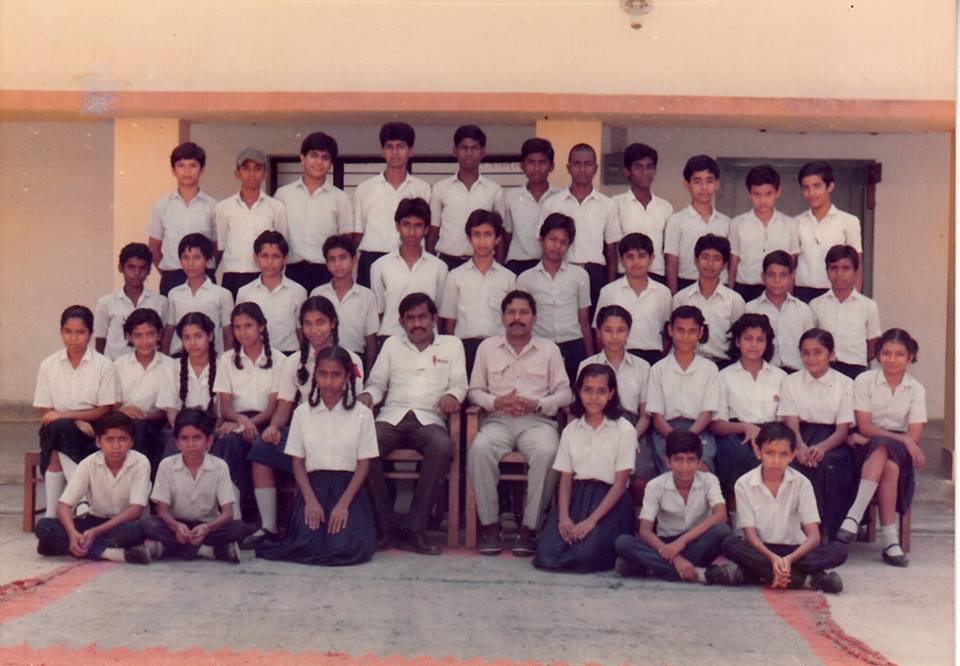


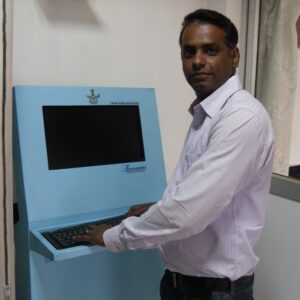
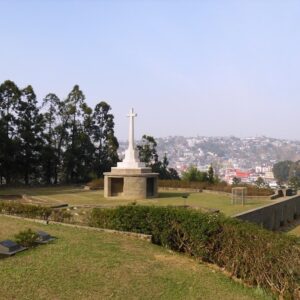
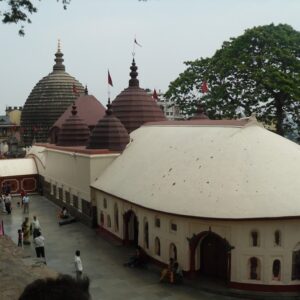


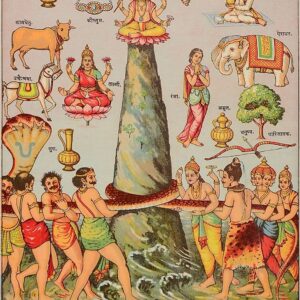


Reviews
There are no reviews yet